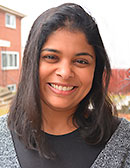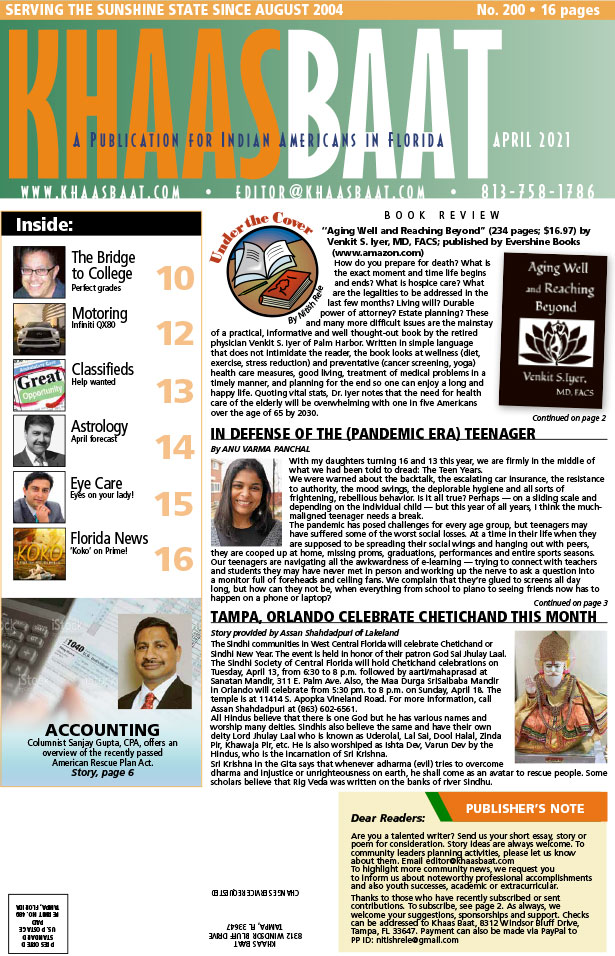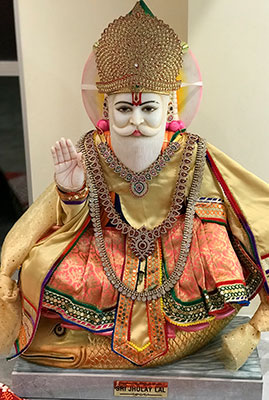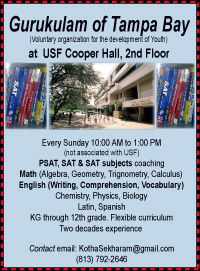
TO SEE THE APRIL ISSUE IN ITS ENTIRETY, CLICK BELOW:
Books

 “Aging Well and Reaching Beyond” (234 pages; $16.97) by Venkit S. Iyer, MD, FACS; published by Evershine Books (www.amazon.com)
“Aging Well and Reaching Beyond” (234 pages; $16.97) by Venkit S. Iyer, MD, FACS; published by Evershine Books (www.amazon.com)
How do you prepare for death? What is the exact moment and time life begins and ends? What is hospice care? What are the legalities to be addressed in the last few months? Living will? Durable power of attorney? Estate planning? These and many more difficult issues are the mainstay of a practical, informative and well thought-out book by the retired physician Venkit S. Iyer of Palm Harbor. Written in simple language that does not intimidate the reader, the book looks at wellness (diet, exercise, stress reduction) and preventative (cancer screening, yoga) health care measures, good living, treatment of medical problems in a timely manner, and planning for the end so one can enjoy a long and happy life. Quoting vital stats, Dr. Iyer notes that the need for health care of the elderly will be overwhelming with one in five Americans over the age of 65 by 2030. To get things in order, he recommends a living will, a durable power of attorney, as well as wills, trusts, estate planning, charitable foundations, life insurance, etc. On the topic of funeral arrangements in case of a death at home, he cautions against calling 911 and having paramedics come to the house. It becomes time-consuming and more costly. Instead, he suggests, “If the person dies at home it would be better to have the family physician or hospice physician come to the house and do the certification.” The heart, lungs and brain keep the entire body working, says the doctor. “Only when all three of these organs have stopped working for sure, is when they declare the person is dead.” Dr. Iyer willingly admits that certain medical treatments can easily be referred to as being aggressive or even unnecessary. “They are done either out of fear or ignorance or pure greed to make money,” he concedes while calling the medical system “a broken and morally-adrift labyrinth.” Not to be neglected, he says, is prevention of death in the youth due to gun violence, suicides, accidents and drug addiction. Clearly, the book isn’t a light read but written with considerable thought and care on unnerving topics. We will leave you with some unassuming do’s and don’ts to live longer by the vastly experienced and knowledgeable author: “You must know your diagnosis, medications, and treatment plans.” “You have a right to obtain a second opinion.” “Stay engaged with brain activities.” “Prayer, peace, and accept destiny or God.” “You cannot control others – so control yourself.” “Don’t mix alcohol and medications.” “Avoid arguments and those who irritate you.”
FAMILY MATTERS
In Defense of the (Pandemic Era) Teenager

With my daughters turning 16 and 13 this year, we are firmly in the middle of what we had been told to dread: The Teen Years.
We were warned about the backtalk, the escalating car insurance, the resistance to authority, the mood swings, the deplorable hygiene and all sorts of frightening, rebellious behavior. Is it all true? Perhaps — on a sliding scale and depending on the individual child — but this year of all years, I think the much-maligned teenager needs a break.
The pandemic has posed challenges for every age group, but teenagers may have suffered some of the worst social losses. At a time in their life when they are supposed to be spreading their social wings and hanging out with peers, they are cooped up at home, missing proms, graduations, performances and entire sports seasons.
Our teenagers are navigating all the awkwardness of e-learning — trying to connect with teachers and students they may have never met in person and working up the nerve to ask a question into a monitor full of foreheads and ceiling fans. We complain that they’re glued to screens all day long, but how can they not be, when everything from school to piano to seeing friends now has to happen on a phone or laptop? We complain that they are always in their rooms, but where else can they go to get their own space?
They are juggling hard classes, competitions, college applications and dorm life in a completely altered landscape. Some are even caring for siblings or working while trying to zoom school —often with little grace from a system that has not backed down on expectations despite the fractured nature of the school year. And they’re doing this without any of the social rites of passage that would normally ease the way. As my daughter told me: “It’s all the hard parts of school without any of the fun.”
Despite this, many of the teens I know are trying to change the world. They are smart, informed and interested. They use social media to fundraise and spread awareness of political, social justice and environmental causes, and take to streets and boardrooms to advocate. They are so much more accepting of people different from them than I remember being at that age, and quick to correct assumptions and protect and speak up for others.
Are they sometimes strident? Yes, but remember when you were 15 or 16? No feelings are as intense as the ones you have in the grips of an adolescent brain and body. If you have teen girls, there’s extra expectation of drama — but beware the underlying misogyny behind interpreting a girl expressing her feelings as “drama.” How many women out there like having their anger or sadness dismissed as an overreaction? I’ll take their strong emotions over jaded sullenness or adult cynicism any day.
That’s not to say you won’t bump heads about everything from school to fashion. My sweet child who let me put bows in her hair now scorns my sartorial suggestions, and I have learned that it is better for my peace of mind to not open her closet door. I am appalled by some of her music choices, yet also humbled by the realization that I have arrived at an age where my child recognizes more people at the Grammys than I do. It’s tough to resist the temptation to launch into a lecture or recite a to-do list each time I get a rare sighting of a teenager in the living room, but not wanting them to vanish back into their rooms for another six hours, I try and force myself to just listen instead.
So, to those of you with younger kids: While the teen phase may test your patience to the max, it’s a beautiful thing to watch your children go through this complicated process of figuring out who they are. They are test-driving a more grown-up version of themselves that they will soon be launching into the world. It can be hard because it forces you to replace the idealized version of the child you thought you had with the reality of who they are turning out to be. But it is such fun, and also a privilege to see them growing into themselves and to be alongside them for the ride. And as for the future? It’s in excellent hands.
Anu Varma Panchal is a mother of two and owner of www.YourEditingSolutions.com
TAMPA, ORLANDO CELEBRATE CHETICHAND THIS MONTH
The Sindhi communities in West Central Florida will celebrate Chetichand or Sindhi New Year. The event is held in honor of their patron God Sai Jhulay Laal.
The Sindhi Society of Central Florida will hold Chetichand celebrations on Tuesday, April 13, from 6:30 to 8 p.m. followed by aarti/mahaprasad at Sanatan Mandir, 311 E. Palm Ave. Also, the Maa Durga SriSaibaba Mandir in Orlando will celebrate from 5:30 pm. to 8 p.m. on Sunday, April 18. The temple is at 11414 S. Apopka Vineland Road. For more information, call Assan Shahdadpuri at (863) 602-6561.
All Hindus believe that there is one God but he has various names and worship many deities. Sindhis also believe the same and have their own deity Lord Jhulay Laal who is known as Uderolal, Lal Sai, Dool Halal, Zinda Pir, Khawaja Pir, etc. He is also worshiped as Ishta Dev, Varun Dev by the Hindus, who is the incarnation of Sri Krishna.
Sri Krishna in the Gita says that whenever adharma (evil) tries to overcome dharma and injustice or unrighteousness on earth, he shall come as an avatar to rescue people. Some scholars believe that Rig Veda was written on the banks of river Sindhu. There also is a mention that in the mid-10th century AD, Lord Varun Dev took avatar in the form of Lord Jhulay Laal in Nasarpur province of Thatta Sindh (state of united India) now Pakistan, to save the Hindus from the tyrannous and fanatic Muslim ruler Mirkha Shah, who had taken a vow to convert all Sindhi Hindus. Hence, Jhulay Laal is known as the savior, saint, patron of all Hindu Sindhis.
ADVERTISEMENTS

 Story provided by Assan Shahdadpuri of Lakeland
Story provided by Assan Shahdadpuri of Lakeland






